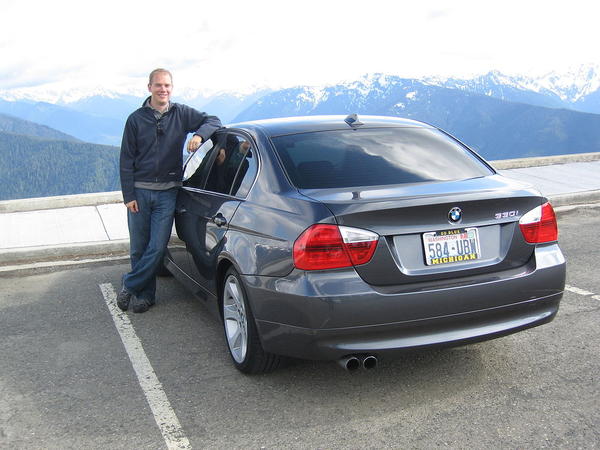Seeing a new country by road is an exhilarating and enriching experience which gives you the chance to truly take in all the sights and sounds of a country first hand – meeting the locals, trying the traditional food, and travelling slightly off the more well-beaten tourist paths. While renting a car or other vehicle is often easy and affordable overseas, there are a few things to remember before you get too excited and hop behind the steering wheel.

- driving abroadJeff Wilcox / Foter.com / CC BY
We’ve put together a list of top things to keep in mind before driving in a foreign country.
Check all license requirements well in advance
While some countries accept drivers’ licenses from your own country, some may need to see something else like an international driving permit before handing over the keys to your vehicle. If you find out you need a special kind of driving license for a particular country once you’re already there, it’s probably already too late to organise one, as it’s generally something you need to sort out in your home country at the local roads and transport office. Ask them any questions you have about driving abroad. Another thing to keep in mind is that even if the car rental company lets you take a car without the correct license, this may void your insurance policy or get you in trouble with local police if you get pulled over. So don’t leave it up to the car rental or sales office to decide for you!
Check your insurance policy thoroughly…Then check it again
While most people do the right thing and take out comprehensive travel insurance before travelling, ensure your particular policy covers road travel and rental vehicles. Check your policy thoroughly for any loopholes in your cover as well – you don’t want to get into an accident only to find out your policy covers third party damage, but not damage to the rental vehicle itself!
Safety first
In some countries, wearing seatbelts isn’t regulated or mandatory by law. But even if it may not be ‘customary’ to wear seatbelts in a certain country, you should always wear yours. The same goes for those of you riding bicycles, scooters, motorbikes or quadbikes. Even if you don’t see any of the locals wearing helmets, it’s strongly advised that you do so anyway. Better to stand out like a sore thumb than have a nasty fall and get seriously injured.
Don’t assume the street signs will be in English
While “getting lost” in the culture of a different country may be a fun and enriching experience, getting seriously lost on the road is not always so much fun. Don’t assume that all road signs will be in English, and ensure you know where you’re headed before you set off, so at least you can stop and ask for directions if needed. It can be dangerous if you run out of fuel in a remote location, particularly in extreme weather.
Be aware of local driving laws and rules
Different countries often have very different sets of driving rules. Who has right of way at an intersection? What’s the policy on the maximum blood alcohol limit a driver can have? Is there a zero tolerance policy to drink driving? Being familiar with these laws will not only help you avoid an accident, but will also help you stay out of trouble with the local police, and avoid a hefty fine or even imprisonment (we’ve all seen the show ‘Banged Up Abroad’ – don’t be the next guest!)
Familiarise yourself with local customs and quirks
Before heading to your destination, ensure you become familiar with local quirks that the guidebooks may not tell you about. The best way to do this is by reading travel blogs and forums, and by asking friends or relatives who may have travelled to that country before. It’s the best way to find out things like whether or not to bribe police officers in Bali, for example…
Prepare for adverse weather conditions
Is your vehicle prepared for sudden snowstorms in Canada, or for the extreme heat of South East Asia? Be sure to get snow chains for your car tyres if needed, or engine coolant for hot weather.
What’s your best advice for other travellers who are driving abroad for the first time?


